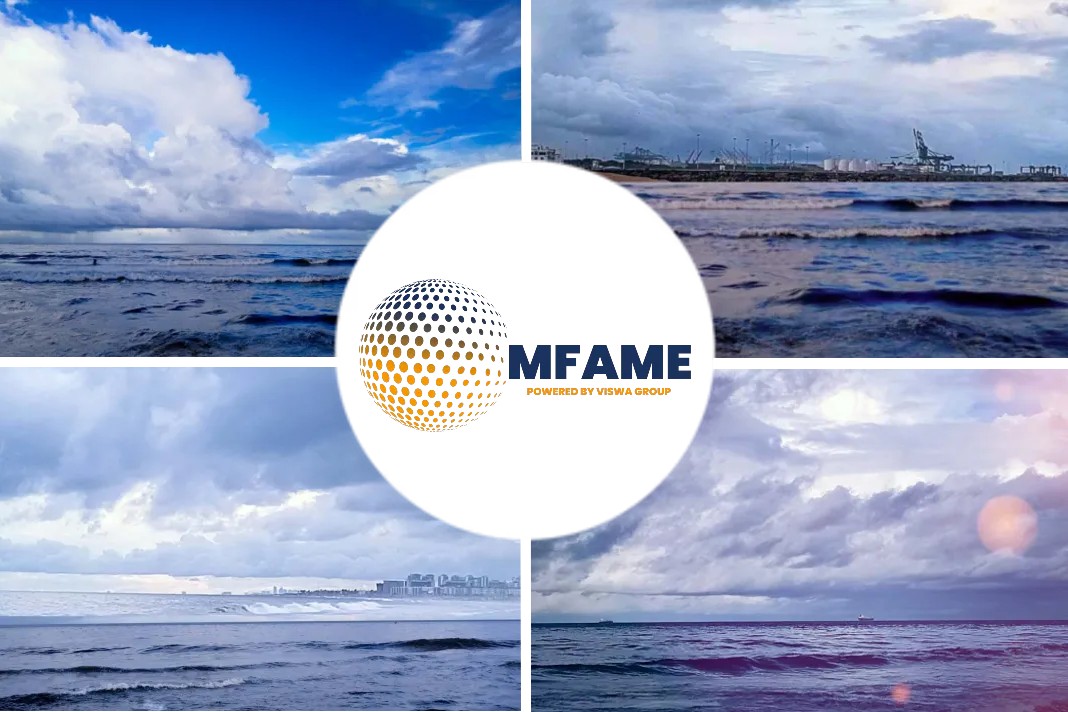A new hybrid water production system for ‘Costa Serena’ and Hurtigruten’s new polar expedition ships will eliminate water bunkering, oil-fired boiler burning, and ballast water treatment installation.
New systems:
A system enabling cruise ships to continuously produce potable water from seawater – in the process eliminating the need for a ballast water treatment system – is to receive its prototype installation onboard Costa Cruises vessel ‘Costa Serena’ in May 2017.
Norwegian company Present water is to install its hybrid water production concept onboard the vessel, which is managed by Carnival Maritime, with further installations planned with Norwegian operator Hurtigruten. Costa Serena, who sails out of Shanghai, will be totally self-sufficient for potable water by taking on seawater in less polluted areas for treatment, storage and use across its entire operations. The process will eliminate water bunkering from port facilities and oil-fired boiler consumption to produce steam – both significant costs for cruise ships – as well as ballast water discharge, with treated grey water being the only output.
Seawater taken on by the Costa Serena will be filtered, disinfected, preheated and intermediately stored for further processing through a hyper filter reverse osmosis plant before the permeate is chlorinated, all in compliance with US Public Health regulations. Geir Erik Samnøy, managing director of Presentwater, told The Motorship that the treatment goes “above and beyond” the requirements of the IMO’s Ballast Water Management Convention and the US Vessel General Permit by filtering seawater to a much smaller micro-organism size and with several hygienic barriers.
Similar design systems:
A similar Exergy Design system is to be installed on Norwegian cruise operator Hurtigruten’s new polar expedition vessels, Roald Amundsen and Fridtjof Nansen, currently under construction at Kleven. As part of that project, class society DNV GL is to apply for the ships’ exemption from the requirements of the BWM Convention on the grounds that seawater taken on is not used for ballast, and the ships have a plan in place for maintaining stability without the use of ballast water.
Samnøy, who founded Presentwater in 2009 after working with Royal Caribbean Cruise Lines as a ship manager on both newbuilds and ships in operation, said: “We have been working with the four to five major cruise operators for quite some time. But with the BWM Convention approaching, there is now increasing interest in a hybrid system that can save significant money on potable water bunkering, oil fired boiler consumption and avoiding BWMS installation.”
The patent pending Exergy Design concept, which also incorporates a novel waste heat recovery system, is particularly suited to cruise ships. “Retrofits for hybrid water production and waste heat recovery can be carried out in about 4-5 weeks, while ships are in service, or even better planned at the drawing board for newbuilds”, said Samnøy, who has been working closely with yards, DNV GL, and retrofit subcontractor Nordic Made.
Did you subscribe for our daily newsletter?
It’s Free! Click here to Subscribe!
Source: The Motorship
















